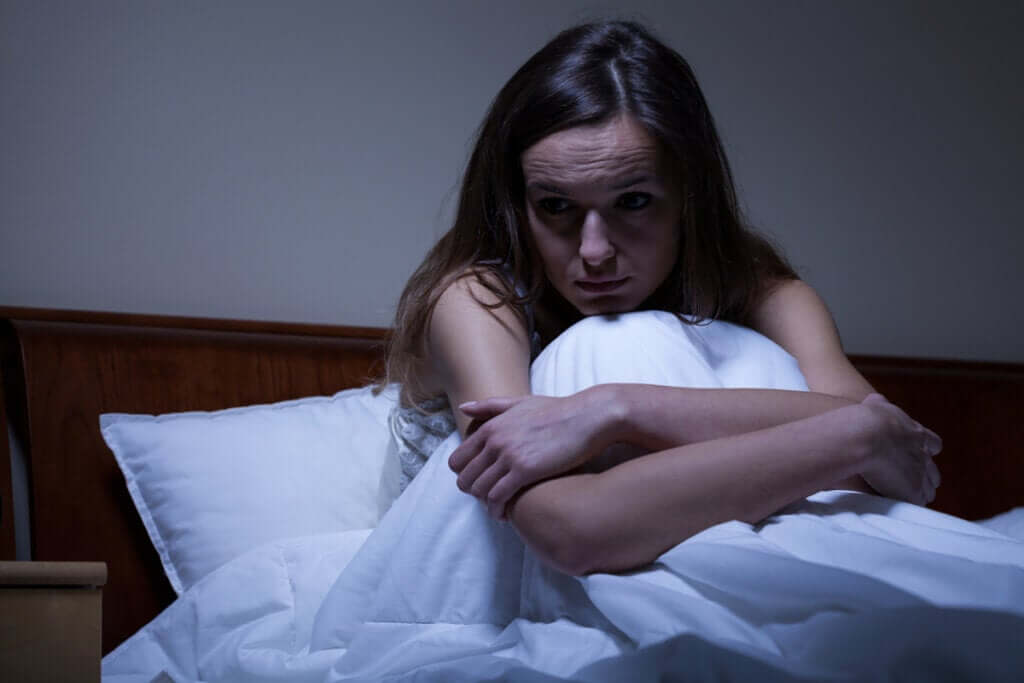Anxiety is a disorder that affects many people and its causes and manifestations can be very diverse, there are people who experience more anxiety in the morning or throughout the day, however, it is common for those who suffer from anxiety at night to also suffer from it during the morning. the day, getting sharper as nightfall approaches.
The mind continues to ruminating thoughts and increases tension, so it is common for anxiety to end up being an obstacle to rest, which in turn makes the person feel more anxious during the day, creating a harmful circle.
- The term “anxiety” is used to refer to a symptom.
- Personality trait or disorder.
- In any case it is a natural mechanism that has helped us adapt.
- Alerting us to possible threats.
- Allowing us to focus and face the obstacles we face in life.
However, non-adaptive anxiety is disproportionately felt compared to the real threat posed by the stimulus. In other words, feeling anxious in front of a lion in the middle of the jungle?Adaptive anxiety? Is it different from the anxiety we feel in everyday life because we feel oppressed?non-adaptive anxiety. When frequently felt, it causes a change in psychological and physiological functioning, which can have serious health consequences.
Its main symptoms are: nervousness, muscle tension, fear, increased heart rate, hyperventilation, sweating, tremors, dizziness and fatigue. Cognitively and behaviorally, there are also concentration difficulties, anxiety control, problems falling asleep and the need to avoid stressful situations. .
Night anxiety, or worsening at that time, can have several causes, each person lives it differently and there are different conditions that will lead to this situation; in fact, experts are not quite clear about the differential reasons for night anxiety.
However, several factors increase the level of anxiety at the end of the day:
As with any other type of anxiety, the key is to recognize that you have a problem and maintain an attitude to change, with effort and using the right tools it is relatively easy to overcome anxiety, however, if the guidelines are not known or not known. If you need outside help, the best option is to call a psychologist to help you get through all this.
If before resorting to the help of a professional you want to try it for yourself, you can significantly reduce night anxiety by following a few simple tips, just have motivation and perseverance.
In the end, night anxiety can be very painful and problematic, however, with a number of simple tasks or looking for professional help you can solve quickly, the key is to be attentive and take care of yourself.

